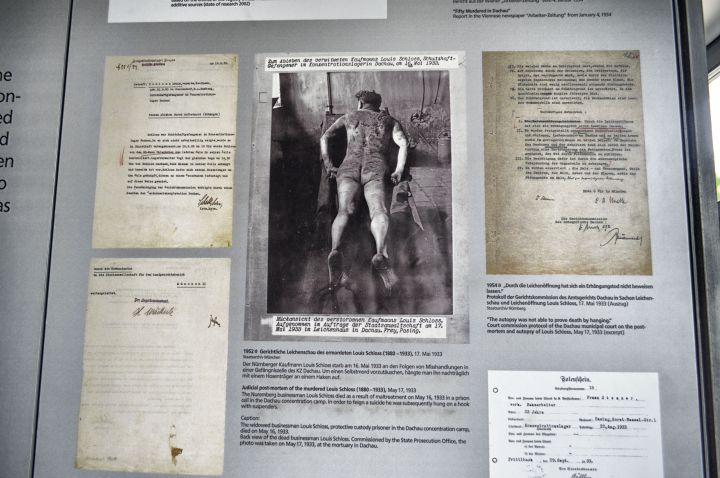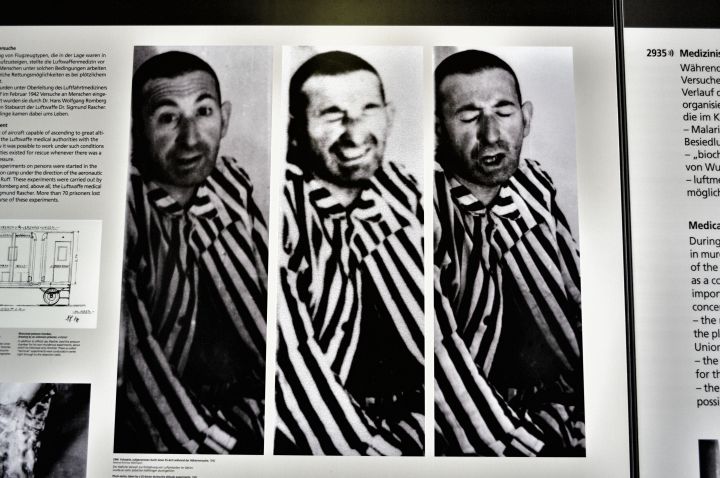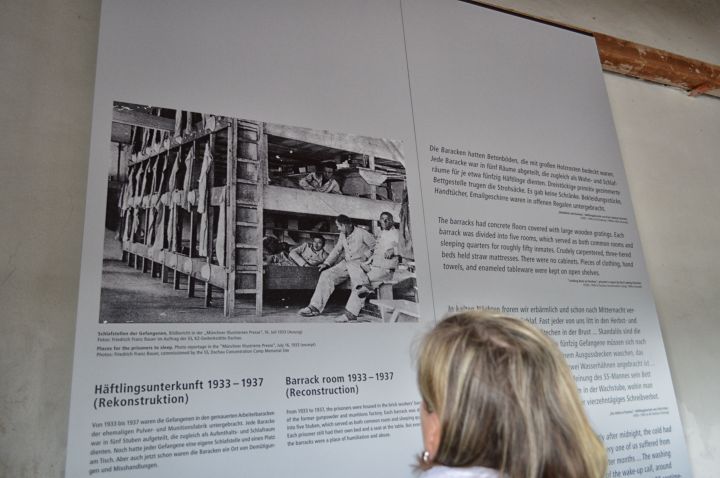27th January marked the Holocaust Memorial Day. 72 years ago on this day, the infamous concentration camps in present-day Germany (and around) were liberated which remained subject to unfathomable atrocities by Hitler and alike on (mostly) Jews resulting in deaths as high as 6 million in numbers. Today the grandchildren and great-grandchildren of the same victims and survivors come to the same countries for work, leisure and more. A lot has changed in this region of the world. Same mental liberation is desperately needed in some other parts of the world, in minimum possible time and at a permissible cost of loss of lives as high as none.

Though proved time and again that what we have learned from history is that we do not learn from history. There remain some imperative lessons to be learned from the Holocaust. First and foremost is the collective and individual responsibility to stand in front of atrocities. Albeit wished by a majority but closing your eyes to mayhems would not make them go away. In the words of Elie Wiesel, a Holocaust survivor, and a renounced activist:
“ We must take sides. Neutrality helps the oppressor, never the victim. Silence encourages the tormentor, never the tormented.”

The Holocaust happened not only because of a systematic and organized persecution of the government but also because of the silence of many which gave it way. Silence often perpetuates matter. Any idea whose foundations rests on stereotyping and prejudice can end up in consternation as mountainous as the Holocaust. Holocaust is the last century’s most pronounced reminder for the world to come to terms with the fact that unexpected is to be expected, anywhere anytime.

The second most important lesson we can learn is that of tolerance. Tolerance for not only people from other belief system but also for other conceivable differences. Though the majority of the targets of the holocaust were Jews, other groups were also subject to the same treatment. People with different sexual orientations, different physical and mental capabilities and/or political affiliations, not to talk about the religion they followed. All these descriptions become yardsticks for such horrible treatments to which, till date, the walls of gas chambers stand testimony.

Helen Keller has beautifully summarized the essence of education in her following words.
“ The highest result of education is tolerance.”
We spend decades of our lifetimes acquiring ‘education’ and if after all these years of labor our education does not inculcate seeds of tolerance in the garden of our character, then we better be worried. Any ideology that distinguishes one group from other on the basis of race, color, religion, and ethnicity should raise alarm bells as a potential trigger of suppression. Hatred will only beget more hatred. Period.
This article was also published in The Nation

Reblogged this on Eraas Haider and commented:
73 years now.
LikeLike